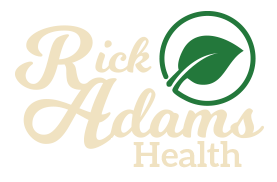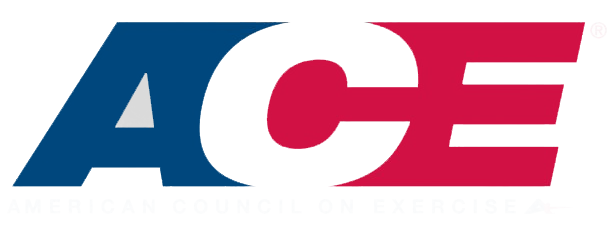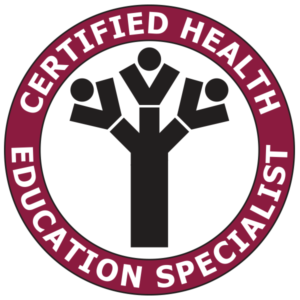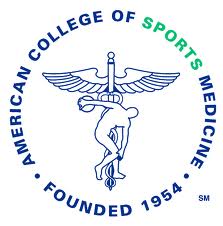Benefits of Proper Water Intake
At some point in your life, you have been told to drink more water because it is “good for you”, but why exactly is it good? The true benefits of adequate water intake are often overlooked by most people. Humans are made mostly of water, and without proper hydration, many key functions of the body would simply not be possible. Proper water intake has a direct effect on our daily lives and our overall health.
Lack of proper water intake can lead to dehydration, feeling faint, and mental fogginess. Proper water intake helps regulate your body temperature, flush waste from your body, and transport nutrients via the bloodstream. How much water does the body need to properly function and avoid negative side effects? There are a few highly regarded recommendations for daily water intake that include eight 8-ounce glasses a day (64 ounces). Another recommendation suggests drinking half your body weight (pounds) in ounces of water a day. Outside factors also play into your daily water that should be considered. The climate in which you live can come into play because people living in hot climates will need to drink more water to regulate body temperature and replace water lost sweating. Also, your level of physical activity effects your daily hydration needs due to water lost with extra internal functions and sweating.
It is nice to know that adequate water intake is good for your health, but you may wonder how it will affect you on a daily basis. Personally, increasing my water intake had a huge impact on my daily life. As a teenager, I would have three cans of soda a day, but decided to cut it out and replace it with just water. I was surprised by the results. Instead of feeling hyperactive, I felt even-keeled. Instead of having issues staying awake during the day and issues falling asleep, I was able to be awake, focused, and energetic while also being able to fall asleep well at night. For me, once I felt the results it has been a major focus to keep my water intake high. Water is a key building block of life, so do not be surprised if you see improvements to your energy levels, mood, skin, or sleep.
Whether adding more water throughout the day or replacing other beverages, adding an appropriate amount of water to your lifestyle can make a major difference. Think about where you can add water into your own day. First thing in the morning, between meals, or after physical activity are all great times to make improvements. Give it a try and find what works best for you.

CHES, ACE Health Coach, AFPA Nutrition & Wellness Consultant








